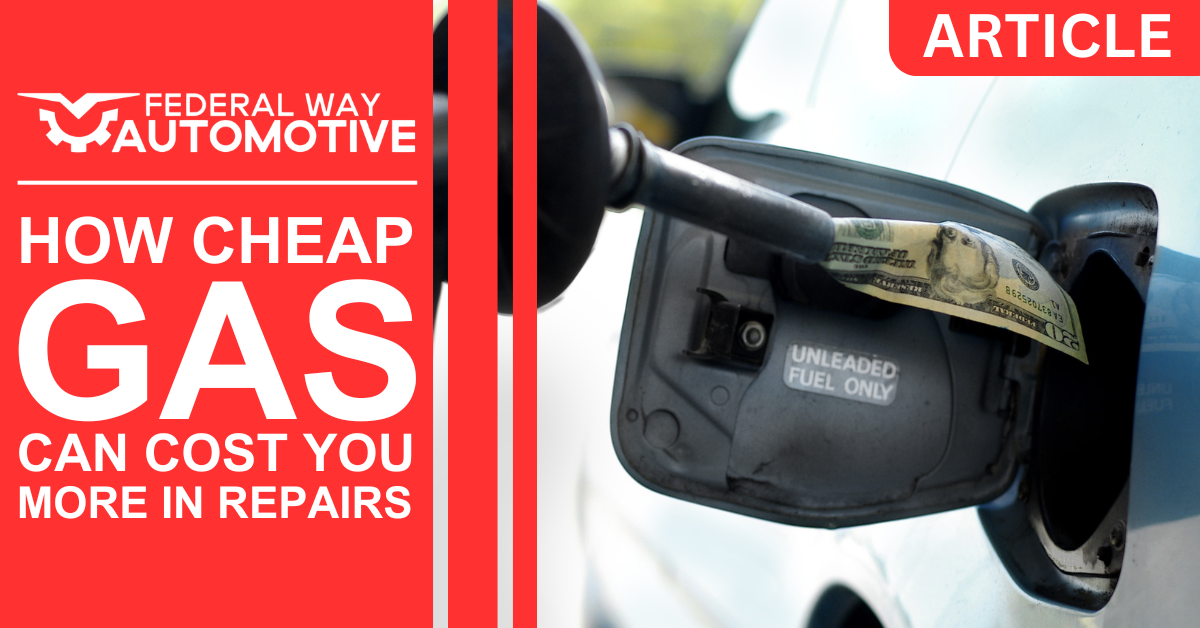The Deceptive Savings of Cheap Gas
Cheap gas might seem like a budget-friendly option, but the reality can be costly. This article outlines the potential damage caused by low-quality fuel and how investing in the right gas can save you money over time.
Recognizing the Symptoms of Cheap Gas Use
Your vehicle may display several signs that the gas you’re using isn’t up to par. Keep an eye out for these symptoms:
- Decreased Fuel Efficiency: You may find your tank doesn’t take you as far.
- Engine Performance Issues: Notice any hesitations or stumbles when you accelerate.
- Rough Idling: Does your car shake or vibrate more than usual when stationary?
The Problems Cheap Gas Can Cause
Choosing lower-quality fuel can lead to a variety of issues:
- Engine Knocking: Using gas with lower than recommended octane levels can cause a knocking sound, signaling potential damage.
- Fuel System Buildup: Cheap gas often leaves behind deposits that can clog your fuel injectors and filters.
- Catalytic Converter Damage: Over time, inferior gas can harm this crucial emission control device, leading to expensive repairs.
The Real Cost of Cheap Gas
The initial savings at the pump can be overshadowed by the long-term costs associated with using cheap gas:
- Increased maintenance expenses: More frequent and intensive servicing may be needed to address issues caused by fuel deposits.
- Potential repairs: In severe cases, parts of the fuel system may need to be replaced much earlier than with the use of higher-quality fuel.
Manufacturer’s Octane Recommendations
Adhering to the octane level suggested by your vehicle’s manufacturer is non-negotiable for maintaining engine health:
- Optimal Performance: The right octane gas ensures efficient engine operation and avoids knocking.
- Warranty Compliance: Using the recommended octane level helps maintain your vehicle’s warranty.
Long-Term Solutions and Preventative Measures
To avoid the pitfalls of cheap gas, consider these long-term strategies:
- Routine Fuel System Maintenance: Services like fuel injection cleaning can help remove deposits left by low-quality gas.
- Using Manufacturer-Recommended Fuel: Always fill up with the proper octane gas to prevent potential engine and fuel system issues.
Conclusion: Why Quality Fuel Matters
Opting for cheap gas might offer immediate savings, but the true cost becomes apparent in your vehicle’s performance and maintenance needs. By following your manufacturer’s octane recommendations and understanding the risks of low-quality fuel, you can protect your car’s engine, ensure its longevity, and save on future repairs.


